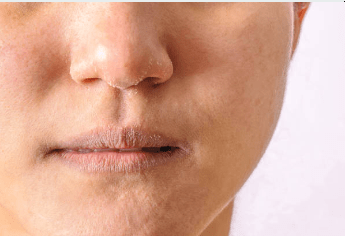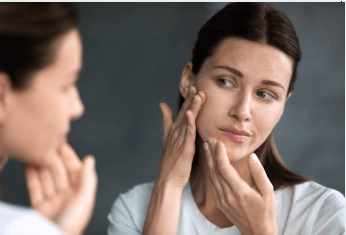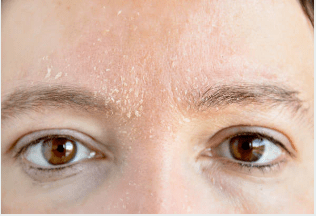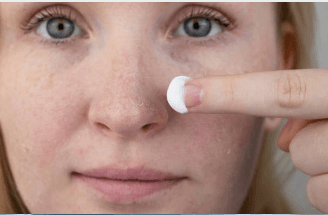Dealing With Dry Skin: 10 Tips for Hydrated Health
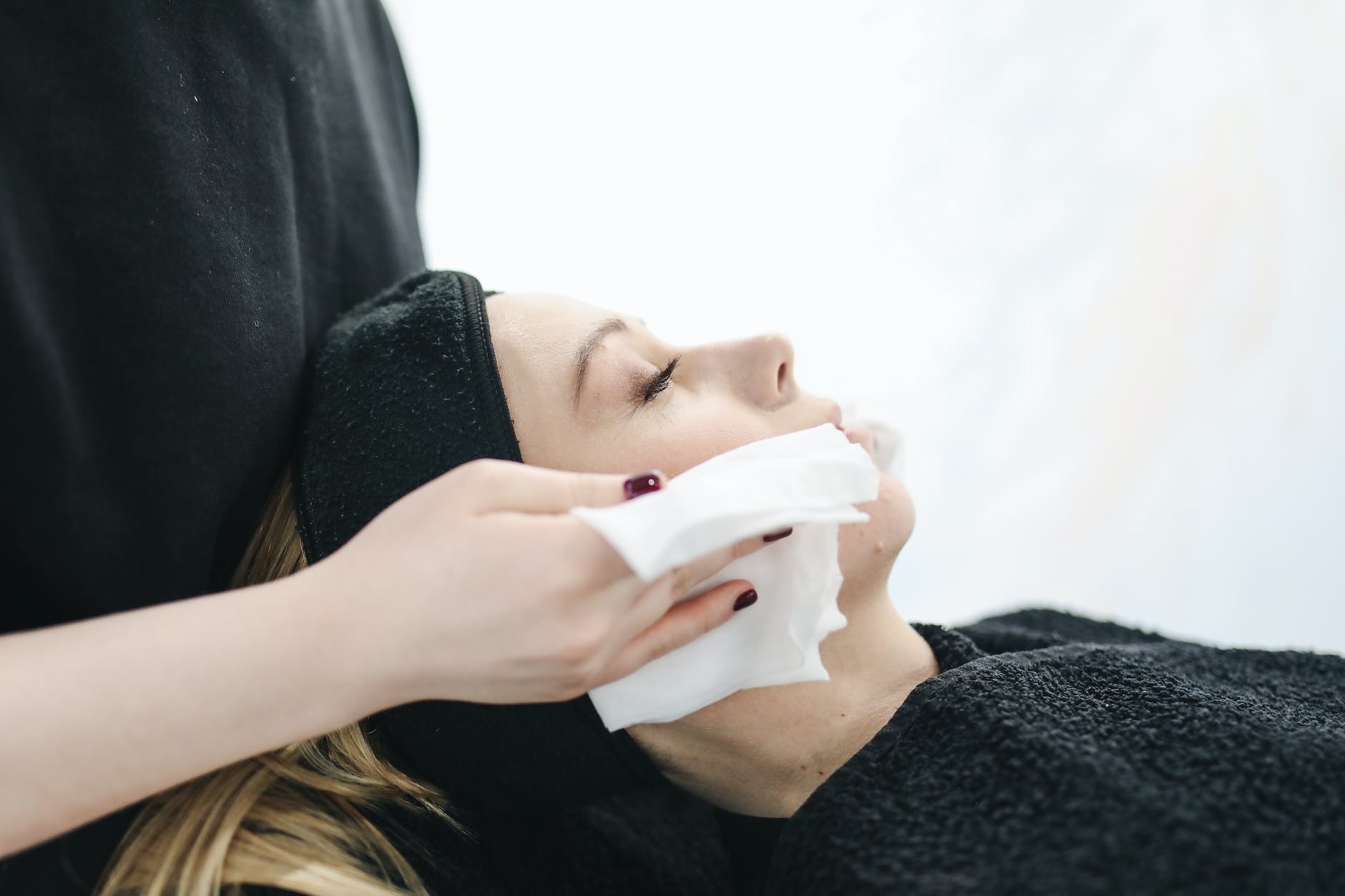

- Dealing With Dry Skin: 10 Tips for Hydrated Health
- Understanding Dry Skin: Causes and Symptoms - Dealing With Dry Skin: 10 Tips for Hydrated Health
- 10 Tips for Healthy and Hydrated Skin - Dealing With Dry Skin: 10 Tips for Hydrated Health
- Tip 1: Proper Moisturization for Dry Skin
- Tip 2: Choosing the Right Skincare Products
- Tip 3: Hydrating from the Inside Out
- Tip 4: Protecting Your Skin from Environmental Factors
- Tip 5: Avoiding Long, Hot Showers
- Tip 6: Gentle Cleansing Techniques
- Tip 7: Exfoliation for Dry Skin
- Tip 8: Sunscreen Protection for Dry Skin
- Tip 9: Incorporating Humidifiers into Your Environment
- Tip 10: Seeking Professional Help if Necessary
- Lifestyle Habits for Skin Health - Dealing With Dry Skin: 10 Tips for Hydrated Health
- Additional Considerations for Aging Skin - Dealing With Dry Skin: 10 Tips for Hydrated Health
- FAQs about Dry Skin - Dealing With Dry Skin: 10 Tips for Hydrated Health
Dealing With Dry Skin: 10 Tips for Hydrated Health
Dry skin can be a bothersome issue, but there are effective solutions. In this article, we'll provide you with 10 practical tips for healthier and more hydrated skin. From proper moisturization and choosing the right skincare products to protecting your skin from environmental factors and incorporating humidifiers into your environment, these tips will help you combat dry skin. Stay tuned for expert advice on managing stress, maintaining a balanced diet, and addressing the effects of aging on your skin. Let's dive in and discover ways to deal with dry skin effectively.
Understanding Dry Skin: Causes and Symptoms - Dealing With Dry Skin: 10 Tips for Hydrated Health
Dry skin is a common condition that occurs when the skin lacks proper moisture and oil production. It can be caused by various factors and lead to uncomfortable symptoms. By understanding the causes and recognizing the symptoms of dry skin, you can take steps towards improving its condition.
Common Causes of Dry Skin
There are several factors that can contribute to dry skin:
- Weather conditions: Dry air, low humidity, and cold temperatures can cause moisture to evaporate from the skin.
- Hot showers or baths: Excessive exposure to hot water can strip the skin of its natural oils, leading to dryness.
- Harsh soaps and cleansers: Some soaps and cleansers can be too harsh for the skin, stripping away its natural oils.
- Age: As we age, our skin tends to produce less oil and moisture, making it more prone to dryness.
- Medical conditions: Certain medical conditions, such as eczema, psoriasis, and hypothyroidism, can contribute to dry skin.
Recognizing the Symptoms of Dry Skin
Dry skin can manifest in various ways. Look out for these common symptoms:
- Tightness or discomfort: Dry skin often feels tight and uncomfortable, especially after washing.
- Rough and flaky patches: The skin may appear rough and have noticeable flakes or scales.
- Itching or irritation: Dry skin can be itchy and prone to irritation, leading to redness or inflammation.
- Dull and lackluster appearance: When the skin lacks moisture, it can appear dull and lack a healthy glow.
- Cracks or fine lines: Severe dryness may cause cracks or fine lines to develop, particularly in areas prone to movement, such as the hands and feet.
By understanding the common causes of dry skin and recognizing its symptoms, you can better identify and address this condition. Implementing proper skincare habits and following the tips mentioned in this article will help you achieve healthier and hydrated skin.
10 Tips for Healthy and Hydrated Skin - Dealing With Dry Skin: 10 Tips for Hydrated Health
Proper skincare is essential when dealing with dry skin. By following these tips, you can nourish and hydrate your skin, improving its overall health and appearance.
Tip 1: Proper Moisturization for Dry Skin
Choose a moisturizer specifically designed for dry skin, preferably one with ingredients like hyaluronic acid or ceramides. Apply it generously to your face and body after cleansing, focusing on areas prone to dryness.
Tip 2: Choosing the Right Skincare Products
Opt for gentle, fragrance-free skincare products that won't strip your skin of its natural oils. Look for cleansers, toners, and serums that are formulated with hydrating ingredients such as glycerin or aloe vera.
Tip 3: Hydrating from the Inside Out
Drink an adequate amount of water throughout the day to keep your body and skin hydrated. Additionally, include hydrating foods in your diet, such as watermelon, cucumber, and leafy greens.
Tip 4: Protecting Your Skin from Environmental Factors
Shield your skin from harsh weather conditions by wearing protective clothing, such as hats and scarves. Use a broad-spectrum sunscreen with SPF 30 or higher to protect your skin from damaging UV rays.
Tip 5: Avoiding Long, Hot Showers
Hot water can strip away the natural oils from your skin, leading to dryness. Take shorter showers with lukewarm water and pat your skin dry gently using a soft towel.
Tip 6: Gentle Cleansing Techniques
Avoid harsh soaps or cleansers that can further dry out your skin. Opt for mild, fragrance-free cleansers and gently pat your face dry after washing instead of rubbing.
Tip 7: Exfoliation for Dry Skin
Exfoliate your skin once or twice a week to remove dead skin cells and promote skin cell turnover. Use a gentle exfoliating scrub or a chemical exfoliator with ingredients like alpha hydroxy acids (AHAs) or beta hydroxy acids (BHAs).
Tip 8: Sunscreen Protection for Dry Skin
Apply sunscreen generously to protect your skin from sun damage, which can worsen dryness. Look for sunscreen specifically formulated for dry skin, preferably with moisturizing properties.
Tip 9: Incorporating Humidifiers into Your Environment
Add moisture to the air in your home or office by using a humidifier. This can help combat dry skin caused by dry indoor environments, especially during the winter months.
Tip 10: Seeking Professional Help if Necessary
If your dry skin persists despite your efforts, consider consulting a dermatologist. They can evaluate your skin condition and provide personalized recommendations and treatments to alleviate dryness.
Lifestyle Habits for Skin Health - Dealing With Dry Skin: 10 Tips for Hydrated Health
The Role of Diet and Hydration in Skin Health
Proper nutrition and hydration play a crucial role in maintaining healthy skin. A balanced diet rich in vitamins, minerals, and antioxidants helps nourish the skin from within. Incorporate foods like fruits, vegetables, lean proteins, and omega-3 fatty acids into your daily meals. Additionally, staying hydrated by drinking an adequate amount of water throughout the day promotes skin hydration and overall health.
Managing Stress for Healthy Skin
Stress can negatively impact your skin health. Chronic stress can lead to various skin issues, including dryness, inflammation, and acne. It is important to find effective stress management techniques that work for you, such as exercise, meditation, deep breathing exercises, or engaging in hobbies and activities that bring you joy. By reducing stress levels, you can promote healthier-looking skin.
Importance of Regular Exercise for Skin
Regular exercise not only benefits your overall well-being but also contributes to healthy skin. Physical activity improves blood circulation, delivering vital nutrients and oxygen to the skin cells. It also helps flush out toxins and promotes a healthy glow. Aim for at least 30 minutes of moderate-intensity exercise most days of the week to enjoy the skin-enhancing benefits.
Sleep and Skincare: The Connection
Sleep plays a crucial role in skin health and rejuvenation. During sleep, the body repairs and regenerates skin cells, allowing for a refreshed and revitalized complexion. Poor sleep quality or inadequate sleep can lead to dull, tired-looking skin, as well as the exacerbation of existing skin issues. Ensure you prioritize quality sleep by maintaining a consistent sleep schedule, creating a calm sleep environment, and practicing good sleep hygiene habits.
- The Role of Diet and Hydration in Skin Health
- Managing Stress for Healthy Skin
- Importance of Regular Exercise for Skin
- Sleep and Skincare: The Connection
Additional Considerations for Aging Skin - Dealing With Dry Skin: 10 Tips for Hydrated Health
As we age, our skin undergoes various changes that can affect its appearance and health. Understanding these effects is crucial in developing a comprehensive skincare routine. Additionally, incorporating anti-aging approaches can help combat the visible signs of aging and maintain youthful-looking skin.
Understanding the Effects of Aging on Skin
The aging process naturally leads to changes in the skin's structure and function. Collagen and elastin production decreases, causing the skin to become less firm and elastic. Fine lines, wrinkles, and sagging may start to appear. The skin also becomes thinner and more prone to dryness. Understanding these effects allows us to target specific concerns and adapt our skincare routine accordingly.
Anti-Aging Skincare Approaches
When it comes to anti-aging skincare, prevention and proper maintenance are key. Here are some approaches to consider for addressing aging skin:
Use products with ingredients that target aging concerns
Look for skincare products that contain ingredients like retinol, hyaluronic acid, peptides, and antioxidants. These ingredients can help improve skin texture, reduce the appearance of wrinkles, and enhance overall skin health.
Protect your skin from sun damage
UV radiation from the sun is one of the primary causes of premature aging. Protect your skin by wearing sunscreen with a high SPF, seeking shade during peak sun hours, and wearing protective clothing, such as wide-brimmed hats and sunglasses.
Hydrate your skin
Proper hydration is essential for maintaining skin health. Use a moisturizer that is specifically formulated for aging skin to help retain moisture and improve the skin's barrier function.
Incorporate gentle exfoliation
Regular exfoliation helps remove dead skin cells and promotes cell turnover, resulting in a smoother, more radiant complexion. Opt for gentle exfoliants that won't irritate or strip the skin.
Consider professional treatments
Professional treatments like chemical peels, microneedling, and laser therapy can help address more advanced signs of aging. Consult with a dermatologist or skincare professional to discuss which treatments may be suitable for your skin concerns.
Maintain a healthy lifestyle
A balanced diet rich in nutrients, regular exercise, adequate sleep, and stress management all contribute to overall skin health. These lifestyle factors can help support your skin's natural rejuvenation processes and promote a more youthful appearance.
By considering these additional factors and incorporating anti-aging strategies into your skincare routine, you can effectively address the specific concerns associated with aging skin and maintain a healthy, youthful glow.
FAQs about Dry Skin - Dealing With Dry Skin: 10 Tips for Hydrated Health
Are you looking for answers to common questions about dry skin? Here are some frequently asked questions and their answers to help you better understand and manage this skin condition.
Can Dry Skin Be Prevented?
Dry skin can be prevented by adopting a few simple habits. Ensure regular moisturization, both from the inside and outside, by using hydrating creams and lotions. Avoid long, hot showers and opt for lukewarm water instead. Protect your skin from harsh environmental factors, such as cold weather and excessive sun exposure. By following a proper skincare routine and maintaining a healthy lifestyle, you can minimize the risk of developing dry skin.
When to Consult a Dermatologist for Dry Skin?
If your dry skin persists despite following a regular skincare routine and using moisturizing products, it may be time to consult a dermatologist. Additionally, if you experience severe itching, redness, or painful cracks in your skin, seeking professional help is advisable. A dermatologist can provide personalized treatment options and further evaluation to address any underlying causes contributing to your dry skin condition.
Are There Specific Skincare Products for Dry and Aging Skin?
Absolutely! There are numerous skincare products specifically designed for dry and aging skin. Look for moisturizers that contain hydrating ingredients like hyaluronic acid, ceramides, and glycerin. These ingredients help replenish moisture and nourish the skin. Additionally, anti-aging skincare products often include ingredients like retinol and peptides to target fine lines and wrinkles. Remember to choose products that suit your specific skin type and concerns.
Can Dry Skin Lead to Premature Aging?
Dry skin itself does not directly cause premature aging. However, inadequate moisture in the skin can contribute to the appearance of fine lines, wrinkles, and a dull complexion. Proper hydration and moisturization are essential to maintain the skin's elasticity and youthful appearance. By following a consistent skincare routine tailored for dry skin and adopting a healthy lifestyle, you can help delay the signs of aging and achieve healthier, more vibrant skin.

